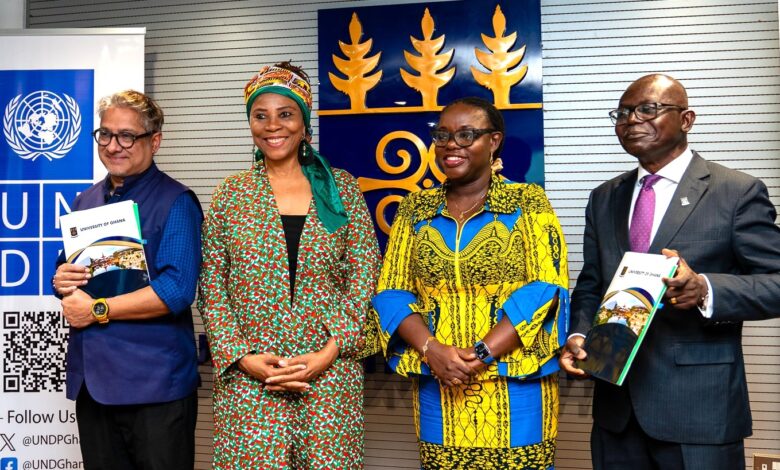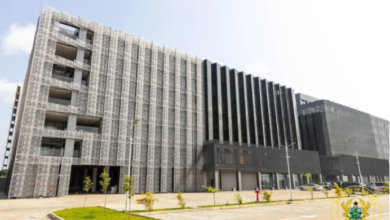
The University of Ghana and the United Nations Development Programme (UNDP) have signed a groundbreaking Memorandum of Understanding (MoU) to establish the country’s first University Innovation Pod (UniPod) — a major step toward deepening innovation, entrepreneurship, and industry-led research among Ghana’s youth.
Located within the Digital Youth Village on the university’s Legon campus, the UniPod will function as a high-tech makerspace supporting ideation, prototyping, and scaling of youth-led solutions in key sectors such as agriculture, health, climate, and digital services. The facility is expected to play a pivotal role in advancing Ghana’s transition toward a digital economy while positioning the University as a national centre for research, skills development, and inclusive economic growth.
The project is a direct outcome of a multi-institutional partnership between the Government of Ghana, the University of Ghana, and UNDP, and aligns closely with Ghana’s Digital Transformation Agenda and initiatives such as the One Million Coders Program.
Vice-Chancellor of the University, Professor Nana Aba Appiah Amfo, noted that the initiative reinforces the institution’s ambition to become a world-class research-intensive university and a hub for student-led innovation with real-world impact. She emphasized the role of the UniPod in equipping students and faculty to contribute to national development through technology and entrepreneurship.
UNDP Africa’s Regional Director, Ahunna Eziakonwa, described the UniPod as a bold investment in the talent of young Africans. She stated that it exemplifies the spirit of the Timbuktoo initiative — a UNDP-led effort to build thriving innovation ecosystems across the continent by unlocking the creativity of Africa’s youth.
Minister for Communication, Digital Technology and Innovation, Samuel Nartey George, said the partnership reflects Ghana’s commitment to embedding digital innovation within tertiary institutions and preparing youth for future economies. He described the UniPod as a strategic launchpad for tech-enabled solutions that will address national and continental development challenges.
The collaboration aims to deliver on three broad goals: supporting product development and scaling through a state-of-the-art innovation hub; promoting digital and entrepreneurial skills via cutting-edge training in artificial intelligence, 3D printing, and software development; and fostering research commercialization through collaboration between academia and industry.
UNDP Resident Representative, Niloy Banerjee, highlighted the importance of placing young people at the centre of digital transformation, noting that the partnership offers a model for how academia and development partners can build sustainable systems for inclusive innovation.
The UniPod is expected to serve as a catalytic space for mentorship, startup incubation, and applied research. A multi-stakeholder working group will oversee its operational design, ensuring strong alignment with Ghana’s innovation ecosystem and the University’s strategic priorities.




